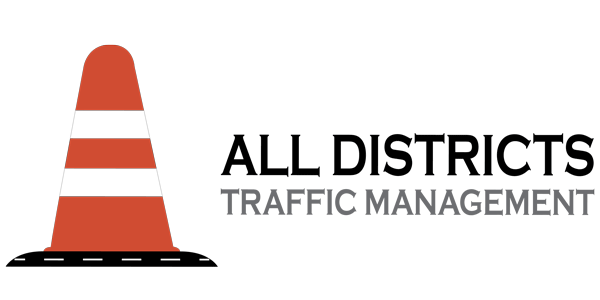Traffic control is a critical aspect of ensuring the safety and efficiency of roadways. Thanks to the rapid evolution of technology, traffic control has become more effective, efficient, and safer than ever before. The latest technological advancements have transformed the way we manage traffic flow, making it possible to optimize road usage and improve safety.
For instance, smart traffic signals are using real-time traffic data to adjust signal timing, which helps to reduce congestion and improve traffic flow. Traffic management software analyzes traffic patterns to devise strategies to enhance traffic flow, reducing travel times and improving road safety. Vehicle-to-vehicle communication technology reduces accidents and improves traffic flow, while autonomous vehicles optimize route planning, reducing the risk of accidents, and improving traffic flow.
Mobile apps also contribute to traffic control by providing real-time traffic updates and alternative route suggestions, enabling drivers to avoid congestion and improve traffic flow. These apps also provide information on the availability of parking spaces, reducing congestion caused by drivers searching for parking spaces.
In summary, technology has revolutionized traffic control, and we must continue to leverage these technological advancements to make our roads safer and more efficient. Real-time traffic flow management reduces congestion, lowers fuel consumption, and minimizes carbon emissions, making our roads more sustainable. By embracing technology, we can create safer and more efficient roadways for our communities, improving travel times and safety.

